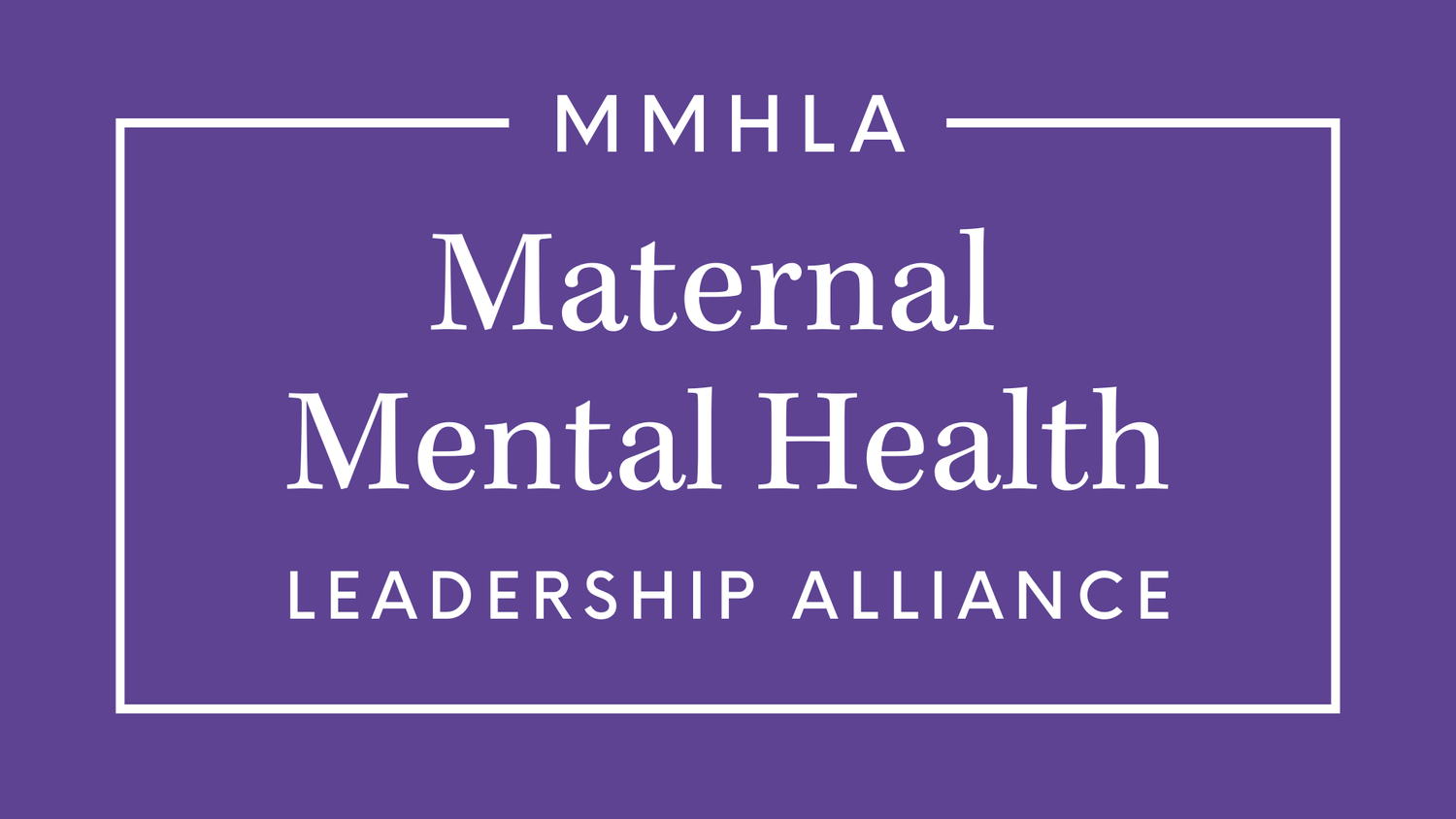The Link Between Sleep and Perinatal Mood and Anxiety Disorders
It goes without saying that new parents can expect to experience some level of sleep deprivation. That coupled with a sudden shift in hormones can lead to the “baby blues,” which typically occur two to three days postpartum and resolve within a couple of weeks. But if overwhelming feelings of sadness, anxiety, and exhaustion don’t dissipate in two weeks, it could be a perinatal mood and anxiety disorder (PMAD)—something researchers say can be heavily affected by lack of sleep.
An estimated 15 to 21 percent of pregnant and postpartum women develop a PMAD, the most common complication of pregnancy and childbirth. PMADs include anxiety, depression, obsessive-compulsive disorder (OCD), panic disorder, postpartum post-traumatic stress disorder (PTSD), bipolar disorder, and postpartum psychosis.
Some of the disorders may overlap, but one thing researchers are finding they all have in common is sleep deprivation. “Sleep deprivation can lead to, be a symptom of, and intensify anxiety disorders (like OCD, PTSD, and panic attacks),” says Christina Hibbert, Psy.D., clinical psychologist and author of This Is How We Grow. “And insomnia is a primary symptom of both depression and bipolar disorders. Extreme sleep deprivation is also known to trigger depressive and manic episodes and can often set off a psychotic episode as well.”
A 2018 study found that poor sleep quality during and after pregnancy was associated with greater symptoms of postpartum anxiety and depression, also confirming the importance of good sleep hygiene. So how can new parents, especially those without partners or paid leave, improve the quality of their sleep?
A great first step is enlisting a trusted family member, friend, or postpartum doula to watch the baby so that you can get at least five hours of sleep. “Suggest having a ‘sleepover’ with another friend who has a baby, then split the night into shifts,” says Adrienne Griffen, executive director of Maternal Mental Health Leadership Alliance (MMHLA). “One mom takes the early shift (8 p.m. to 1 a.m.) while the other sleeps. Then they can swap.”
This is an excerpt. Read the full article here.

